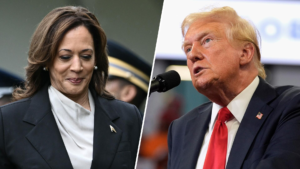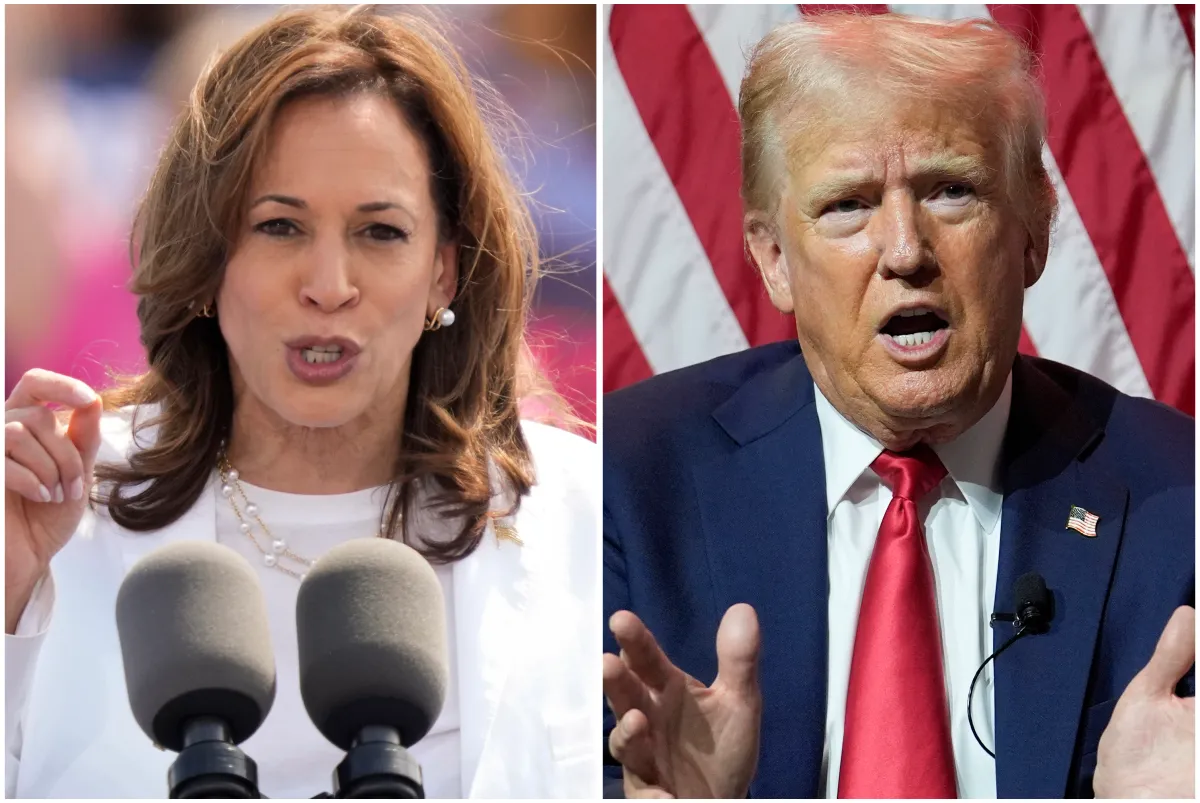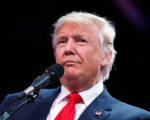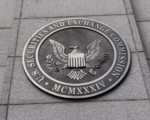In a move that aligns with former President Donald Trump’s earlier proposal, Vice President Kamala Harris announced her plan to eliminate taxes on tips in the service and hospitality sectors if she wins the presidency. This announcement came during a rally in Las Vegas, a critical battleground state where the hospitality industry plays a significant role in the economy.
Addressing a crowd of over 12,000 supporters, Harris emphasized her commitment to working families, stating, “When I am president, we will continue our fight for working families of America; including to raise the minimum wage, and eliminate taxes on tips for service and hospitality workers.” Her proposal aims to provide financial relief to workers in these sectors, who make up a substantial portion of Nevada’s workforce.

This announcement followed the endorsement of Harris by the Culinary Workers Union, a powerful labor group in Nevada. The timing of this endorsement and Harris’s proposal highlights her strategic focus on appealing to Nevada voters, particularly those employed in the state’s vast hospitality industry.
However, Harris’s proposal has drawn criticism for mirroring Trump’s earlier pledge to remove taxes on tips, which he announced at his own Las Vegas rally in June. Trump quickly took to social media to claim credit, accusing Harris of copying his idea. “Harris has no imagination, whatsoever, as shown by the fact that she played ‘COPYCAT’ with, NO TAXES ON TIPS!” Trump posted on Truth Social.
While both candidates champion the idea of tax-free tips, implementing such a policy would require new legislation and congressional approval. A Harris campaign official acknowledged this, adding that her administration would work with Congress to design a policy with income limits and safeguards to prevent abuse by higher-income individuals.
Critics of the proposal, including the nonpartisan Committee for a Responsible Federal Budget, argue that eliminating taxes on tips could lead to a significant loss in federal revenue, estimated to be between $150 billion and $250 billion over the next decade. Additionally, some economists question the effectiveness of this policy in alleviating the tax burden on low-income workers.
Ernie Tedeschi, economics director at Yale University’s Budget Lab, pointed out that only a small segment of low-income workers are in tipped jobs, and many of these workers are already exempt from paying income tax due to their low earnings. Tedeschi also expressed concerns about the potential for creating disparities among low-income jobs and the possibility of employers encouraging tipping over wage increases.
The debate over this proposal underscores the complexities of tax policy and its impact on workers. As both Harris and Trump vie for support in key states like Nevada, the conversation around tax-free tips is likely to continue to be a focal point in their campaigns.


















